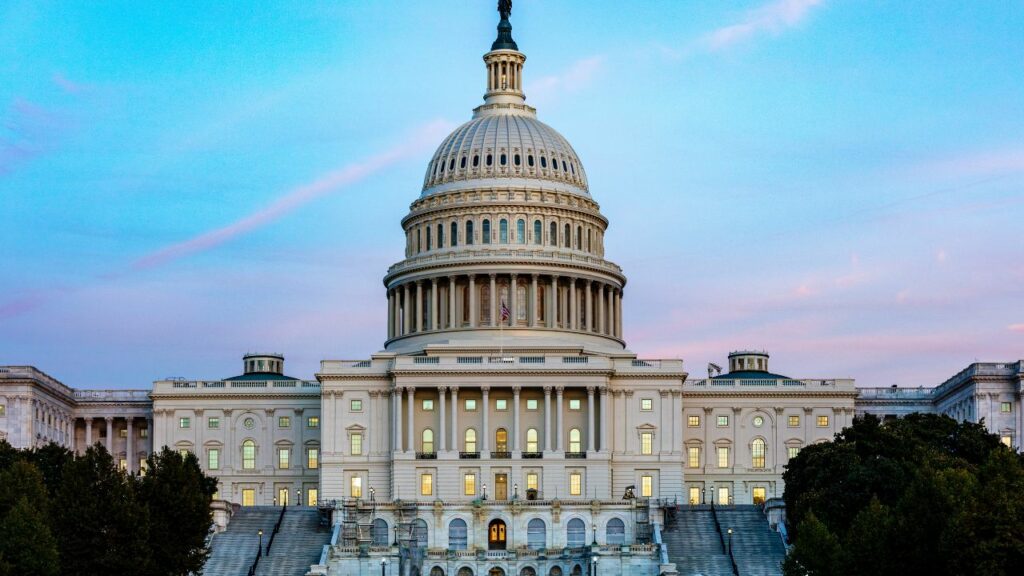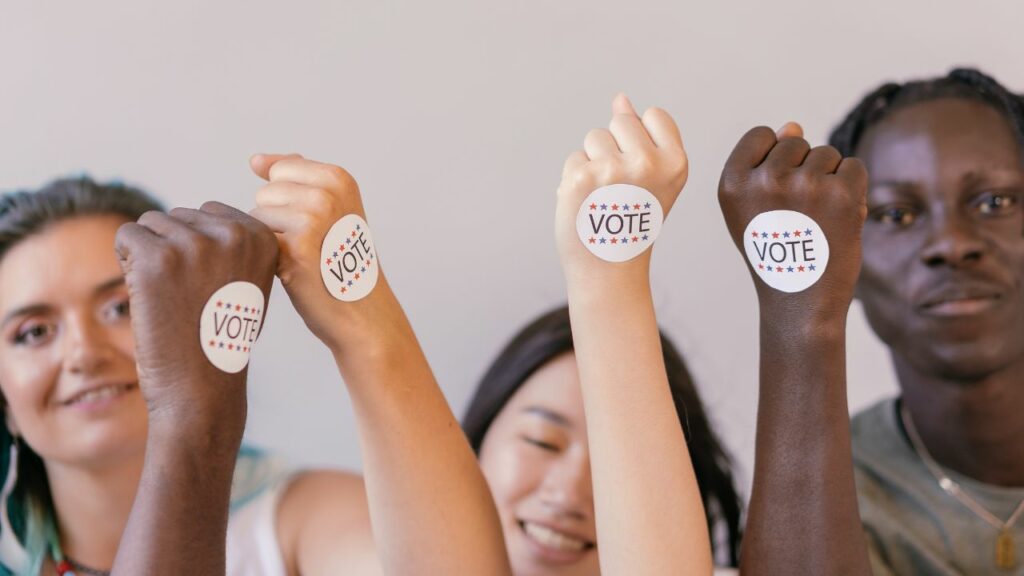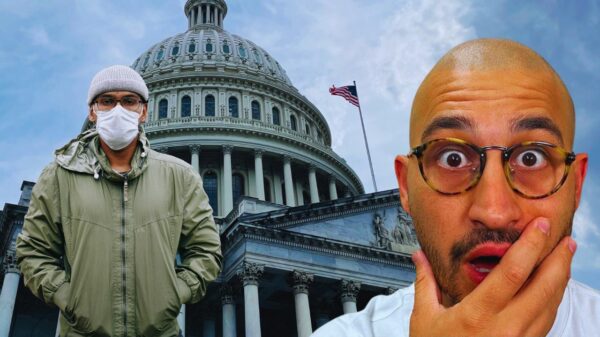U.S. Representative Grace Meng reintroduced legislation aiming to lower the voting age in America to 16 years old. This new legislation proposes replacing the 26th amendment of the U.S. Constitution to allow 16 and 17-year-olds to vote, arguing that they are already active contributors to society through work, driving, and paying taxes.
Advocates for change, including organizations like Generation Citizen, 18by Vote, Rock The Vote, Voters of Tomorrow, FairVote Action, the National Youth Rights Association, and the Next Up Action Fund, support this initiative. They cite increased engagement, established voting habits at an earlier age, and the direct impact of political decisions on young people’s futures.
What’s Next?

To be enacted, the amendment requires approval by two-thirds of the House and Senate, followed by ratification from three-fourths of state legislatures. This follows a historical precedent set in 1971 when the voting age was last lowered from 21 to 18.
Let’s examine some of the pros and cons of passing this legislation.
Pro – Increased Engagement

Lowering the voting age to 16 can boost young people’s involvement in politics, fostering a lifelong habit of participation. Starting to vote earlier allows teenagers to become more informed and active citizens, contributing to a stronger democratic process. This early engagement can also encourage a deeper connection to community issues, enhancing civic responsibility from a younger age.
Pro – Representation

Lowering the voting age to 16 ensures that the perspectives and concerns of younger people are better represented in political decision-making. This change acknowledges the significant impact that governmental policies have on youth, providing them a voice in shaping their future. Enhanced representation can lead to policies that more accurately reflect the diverse needs and interests of all age groups in society.
Pro – Education Opportunities

Reducing the voting age to 16 can lead to greater emphasis on civic education in schools. Educators would likely integrate more comprehensive political education into the curriculum, equipping young people with knowledge about voting processes and democratic participation. This preparation informs them about their civic duties and enhances their ability to make thoughtful decisions when they participate in elections.
Pro – Responsibility

Lowering the voting age to 16 can cultivate a sense of responsibility among young people. Teenagers are encouraged to take responsibility for their community and national issues by allowing them to participate in the electoral process. This early involvement in voting can lead to increased accountability and a stronger sense of civic duty, contributing positively to their development as responsible citizens in a democratic society.
Pro – Fresh Perspective

Lowering the voting age to 16 can bring fresh perspectives into the political landscape. Young voters are often more open to innovative ideas and can offer unique insights on modern challenges like climate change, technology, and social justice. Allowing them to vote could invigorate politics with new energy and ideas, potentially driving forward-thinking policies that address the needs of both current and future generations.
Pro – Alignment with Other Rights

Lowering the voting age to 16 aligns voting rights with other legal responsibilities and privileges granted at this age, such as working and paying taxes. By allowing 16-year-olds to vote, society acknowledges their contributions and responsibilities, giving them a say in managing their tax dollars and labor conditions. This alignment ensures a fairer representation in decisions that affect their everyday lives and futures.
Con – Maturity Concerns

Lowering the voting age to 16 raises concerns about maturity and the capacity to make informed decisions. Critics argue that many teenagers lack the life experience and emotional maturity to understand complex political and economic issues fully. This potential shortfall in judgment and foresight might lead to less informed choices at the polls, impacting the overall effectiveness and wisdom of democratic decisions.
Con – Influence

Reducing the voting age to 16 could increase susceptibility to external influences. Young voters may be more impressionable and easily swayed by parents, media, or peer pressure, potentially skewing their voting choices. This heightened influence risks diluting the authenticity of electoral outcomes, as the votes may not fully reflect the independent opinions and mature deliberations expected in a democratic process.
Con – Political Cynicism

Lowering the voting age to 16 might increase political cynicism among young voters. If their early experiences with voting result in disappointment—due to unmet promises or ineffective governance—they may become disillusioned with the political system. This early disenchantment can foster long-term disengagement, reducing overall voter turnout and weakening the democratic fabric by cultivating skepticism instead of trust in political processes.
Con – Administrative Challenges

Lowering the voting age to 16 introduces significant administrative challenges. Implementing this change requires updating voter registration processes, reconfiguring educational programs to prepare younger voters, and potentially increasing electoral costs. These modifications demand additional resources and logistical planning to ensure a smooth transition, posing a substantial burden on electoral systems and educational institutions tasked with effectively integrating these young voters.
Con – Diverse Political Understanding

Lowering the voting age to 16 might exacerbate uneven political understanding among voters. Younger teenagers may not yet have acquired sufficient knowledge or life experience to thoroughly grasp complex political, social, and economic issues. This limited understanding can lead to less informed voting decisions, potentially affecting the quality of democratic outcomes and the ability of elections to reflect well-considered public opinion and needs.
Con – Political Manipulation

Lowering the voting age to 16 could increase the risk of political manipulation. Politicians might tailor their campaigns to appeal specifically to younger, less experienced voters with simplistic or populist messages. This strategy could lead to an emphasis on short-term gains rather than long-term solutions, potentially skewing policy priorities and undermining the depth and seriousness of political discourse needed for addressing complex societal challenges.
How Would You Vote?

Do you think we should lower the voting age to 16? Why or why not?























